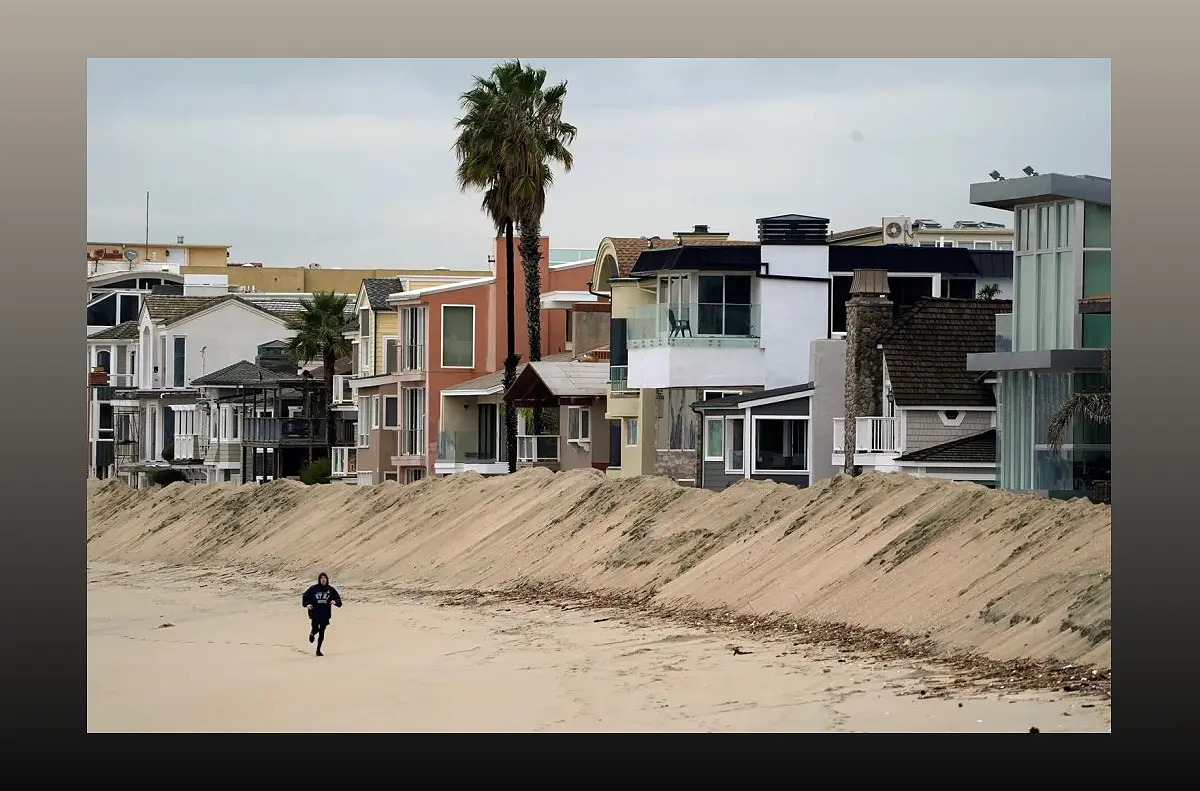The affordable housing crisis in California has reached alarming levels, with millions of families burdened by skyrocketing housing costs. In this article, we will explore the potential solution offered by Senate Bill 423 (SB 423) and the importance of permit streamlining in addressing this crisis. By examining the impact of regulatory hurdles and the economics of supply and demand, we will uncover the path to lowering housing costs and making affordable housing more accessible for all Californians.
The Impact of Regulatory Hurdles
Explore how regulatory hurdles contribute to rising housing costs in California.
Regulatory hurdles play a significant role in determining the type and cost of homes that are built in California. The lengthy approval process, accompanied by numerous applications, surveys, hearings, and lawsuits, adds significant time and cost to housing projects.
One of the key challenges is the abuse of environmental regulations by local NIMBYs (Not-In-My-Back-Yard), who prioritize keeping out new neighbors over preserving natural resources. These NIMBYs can appeal permit approvals and demand additional environmental reviews, further delaying the construction process.
By streamlining the permit approval process and setting simple, objective criteria, such as those outlined in Senate Bill 423, we can incentivize home builders to invest in new housing projects. This approach not only benefits large corporate developers but also encourages small 'mom and pop' developers to contribute to the housing supply.
The Economics of Supply and Demand
Understand how supply and demand dynamics impact housing costs in California.
California's population growth requires the construction of approximately 210,000 homes each year. However, the current rate of housing construction falls significantly short of this target, leading to a shortage of available homes.
When demand exceeds supply, housing costs naturally rise. This imbalance creates a challenging environment for those seeking affordable housing options. By increasing the housing supply to meet the growing demand, we can alleviate the pressure on prices and make housing more affordable for Californians.
The Role of Senate Bill 423
Discover how Senate Bill 423 aims to address the affordable housing crisis in California.
Senate Bill 423 (SB 423) is a significant step towards addressing the affordable housing crisis in California. It aims to remove or limit barriers to housing production, including extending its provisions to areas under the California Coastal Act.
By streamlining the permit approval process and setting clear criteria, SB 423 incentivizes home builders to invest in new housing projects. This bill not only benefits large developers but also encourages smaller investors to contribute to the housing supply.
However, while SB 423 is a positive development, more comprehensive measures are needed to effectively lower housing costs and make affordable housing accessible to all Californians.
The Importance of Permit Streamlining
Learn how permit streamlining can have a positive impact on housing costs in California.
Permit streamlining is a crucial aspect of addressing the affordable housing crisis in California. By simplifying and expediting the approval process, we can reduce the time and cost associated with building new homes.
Streamlining the permit process not only benefits large developers but also encourages smaller property owners to invest in housing projects. By providing a clear and efficient pathway for approval, we can unlock the potential in millions of undeveloped lots and increase the housing supply.
Exempting the coastal region from permit streamlining measures would be a missed opportunity. Building housing where people want to live, even if it is closer to the coast and relatively expensive, can have a downstream effect of lowering the cost of other units, ultimately making affordable housing more accessible.

